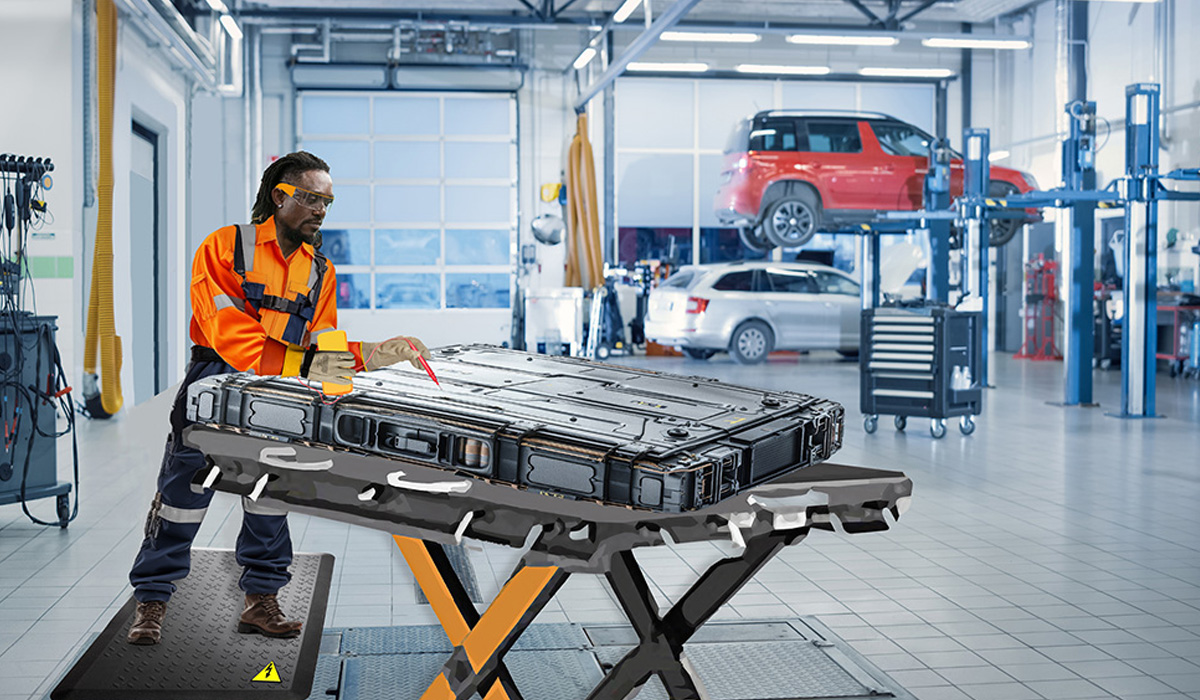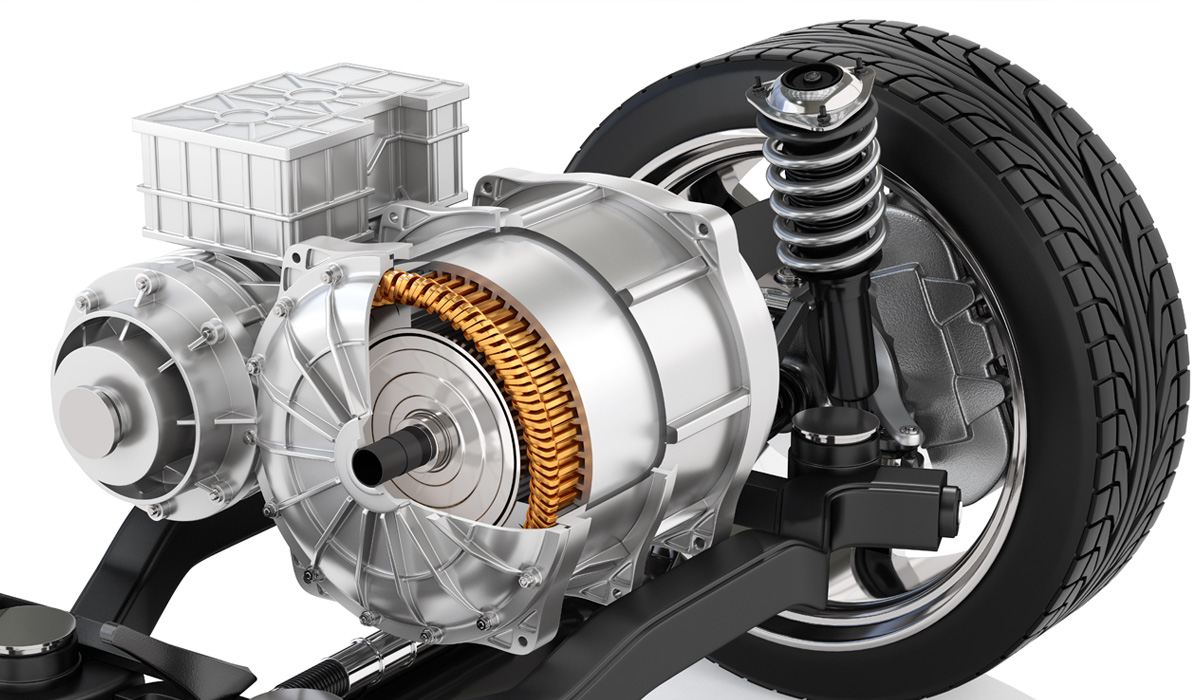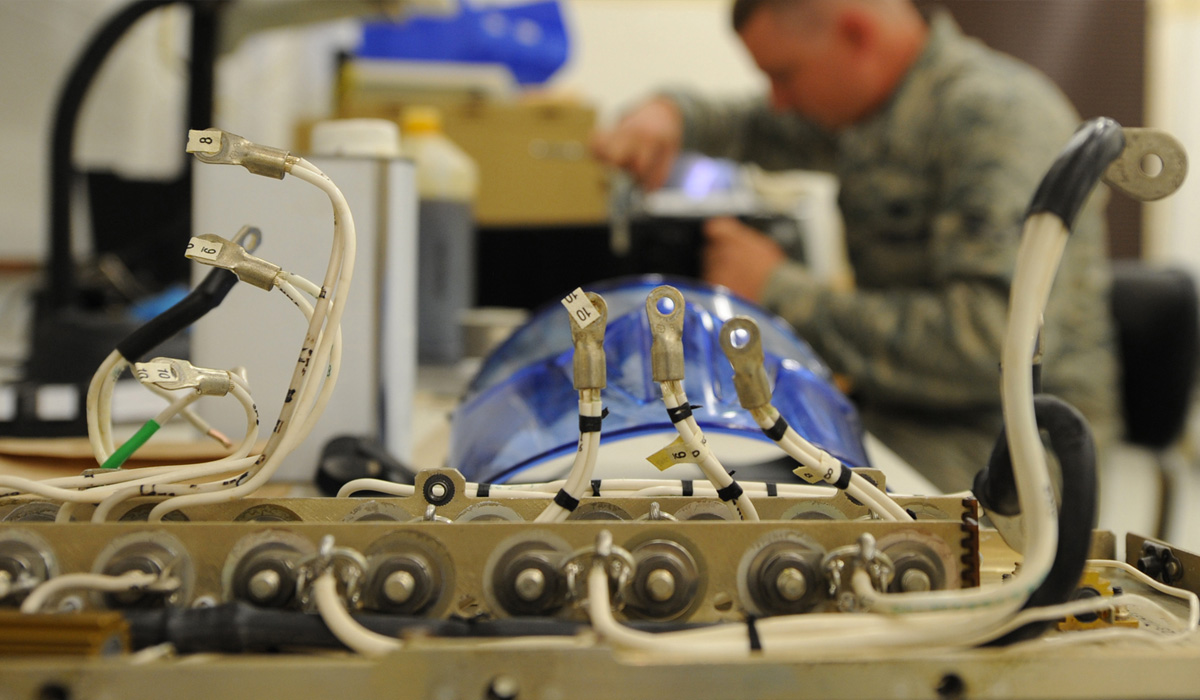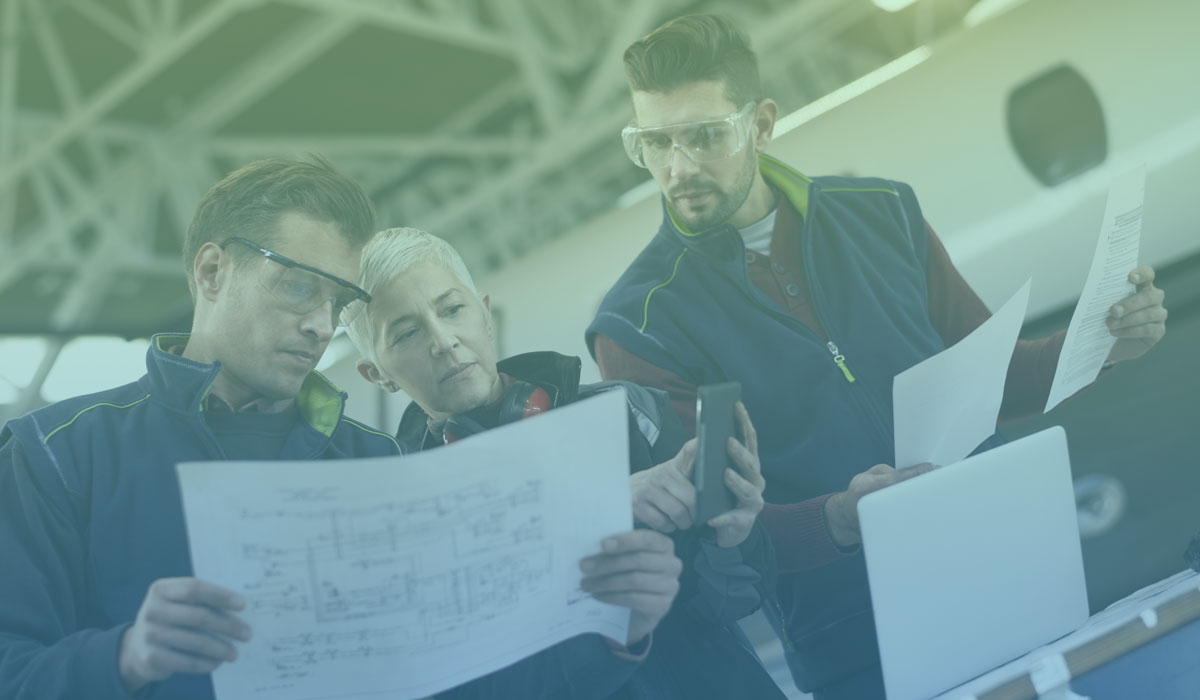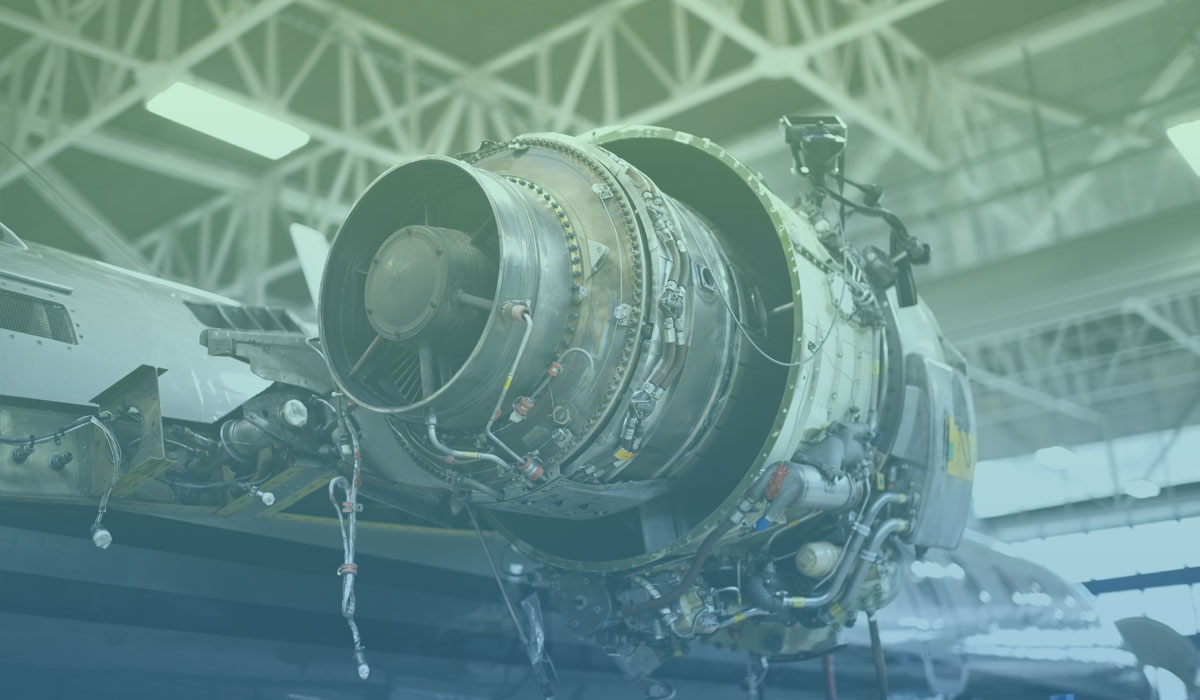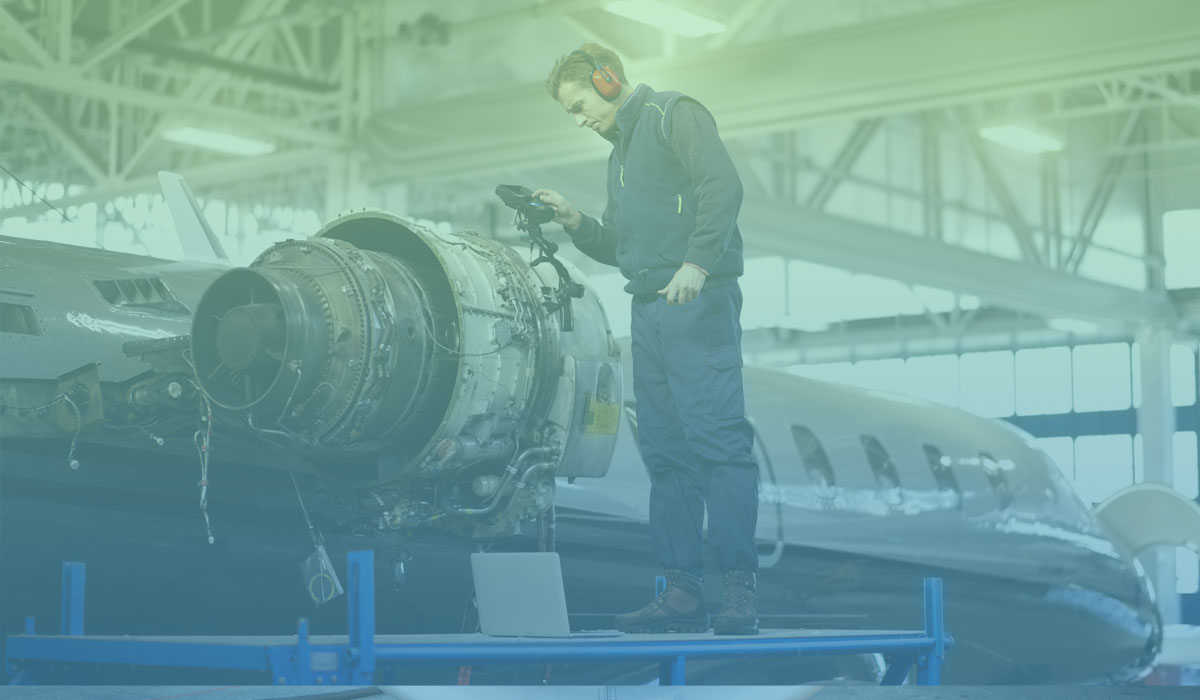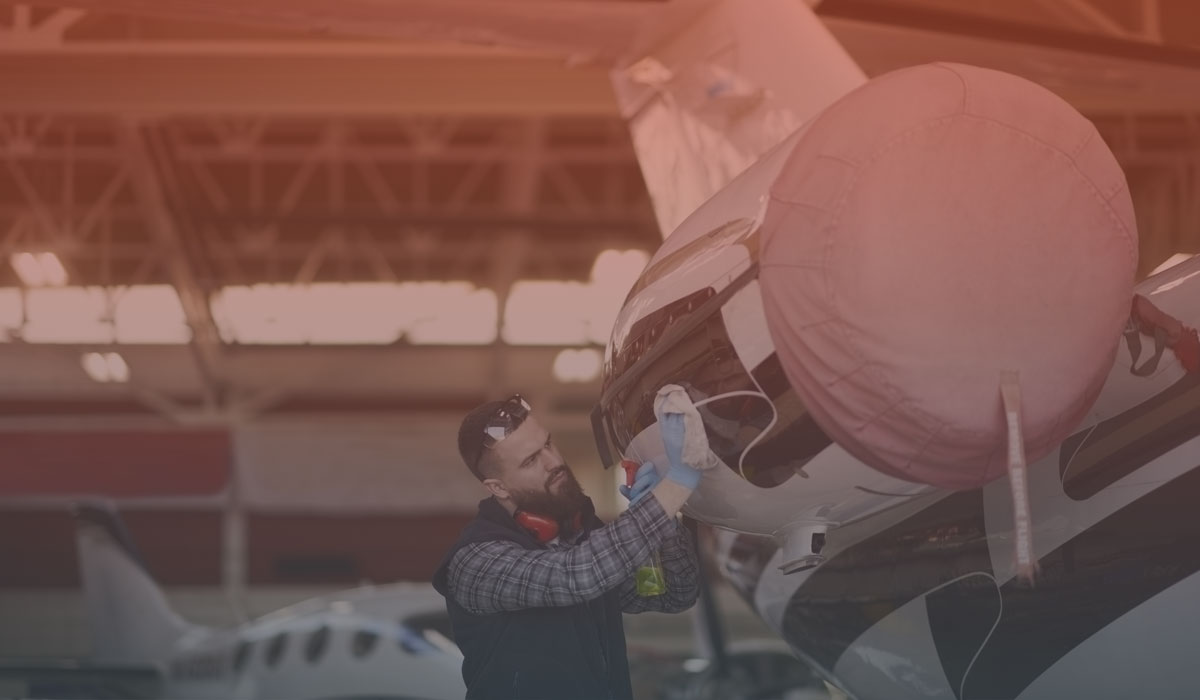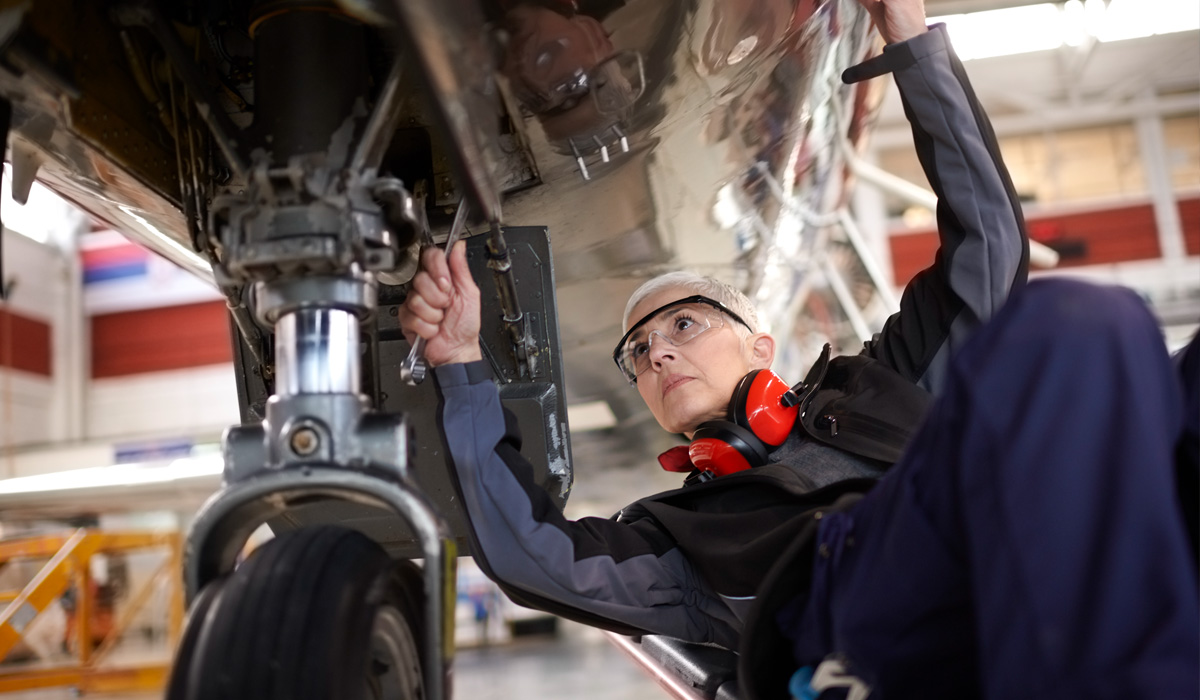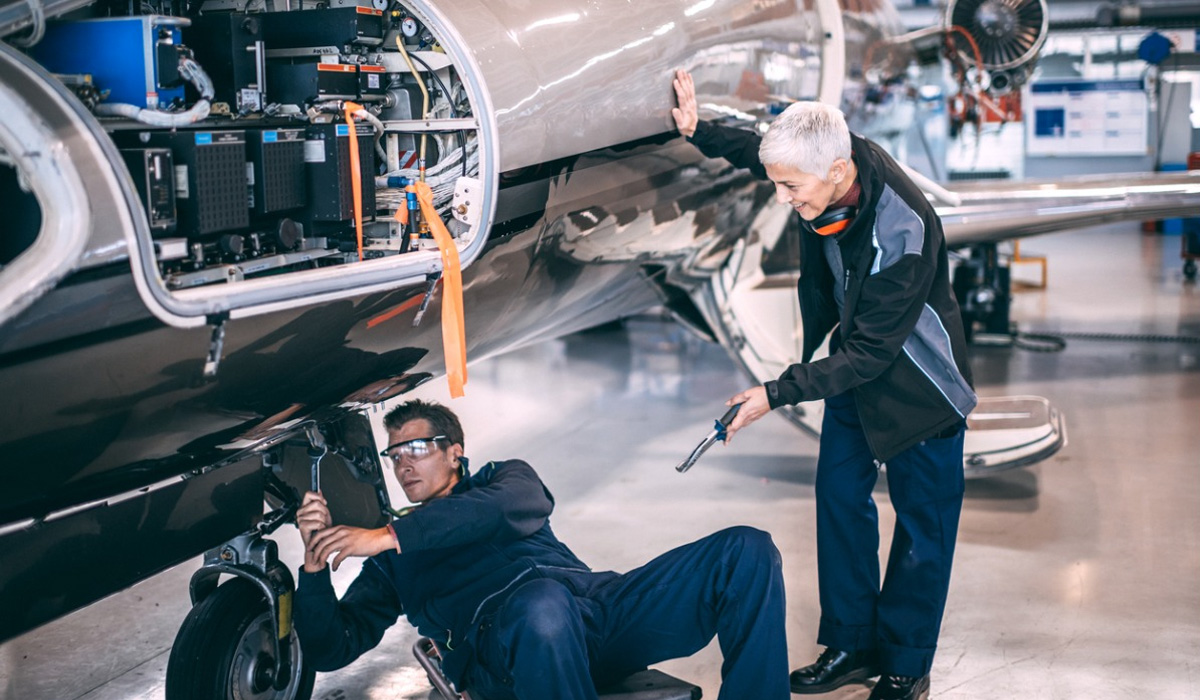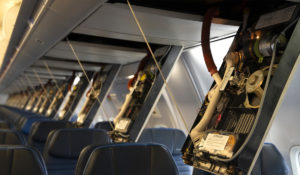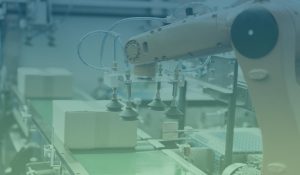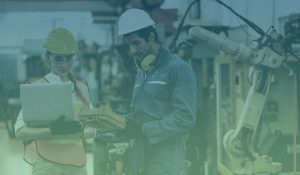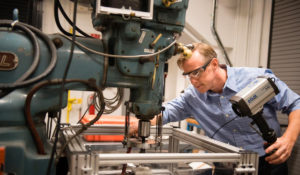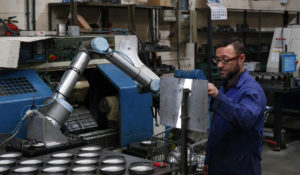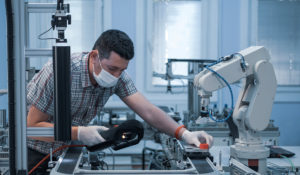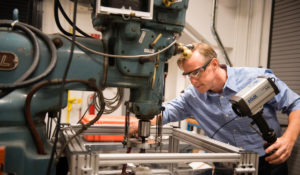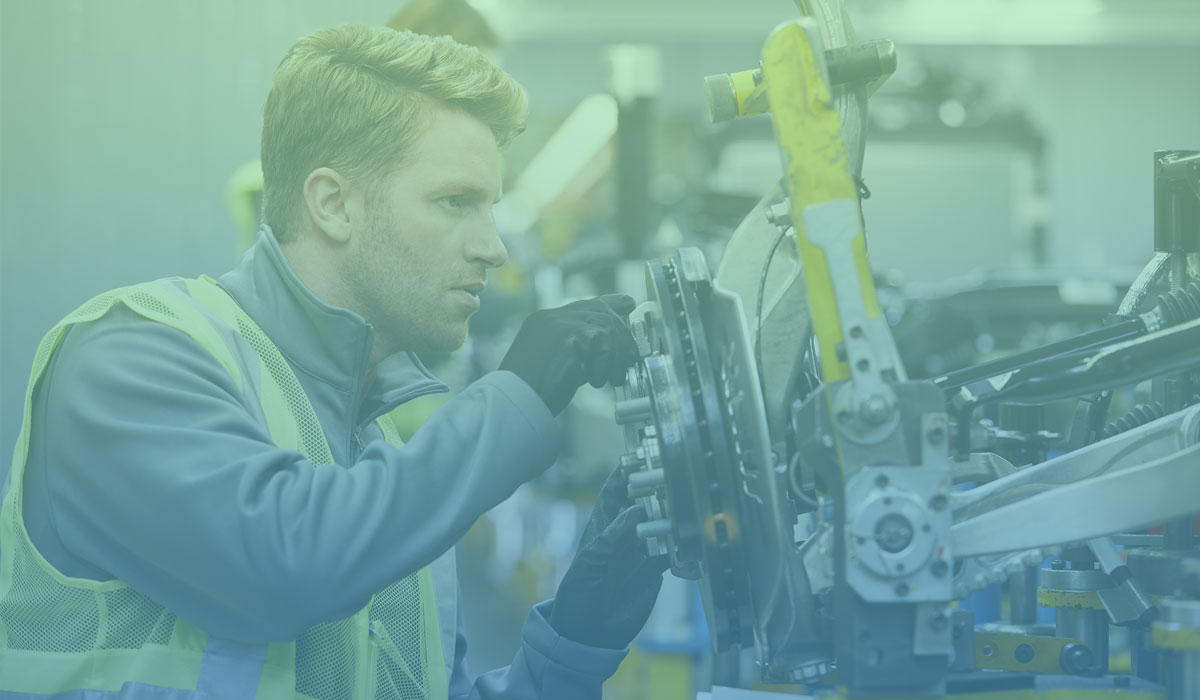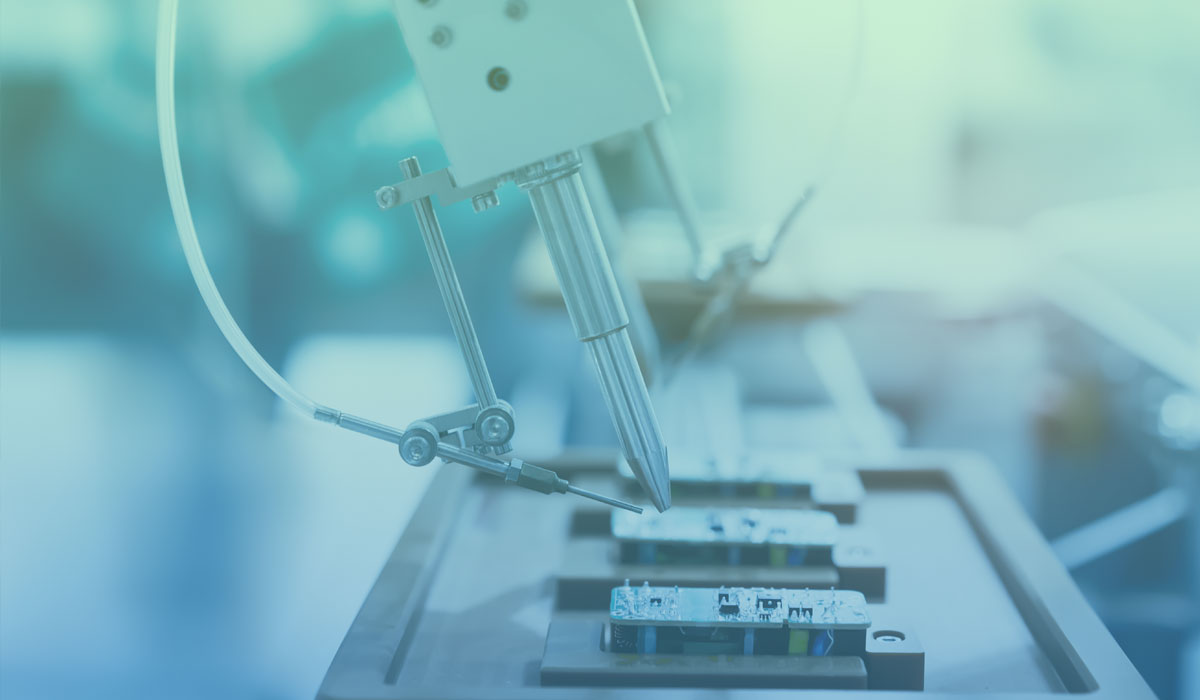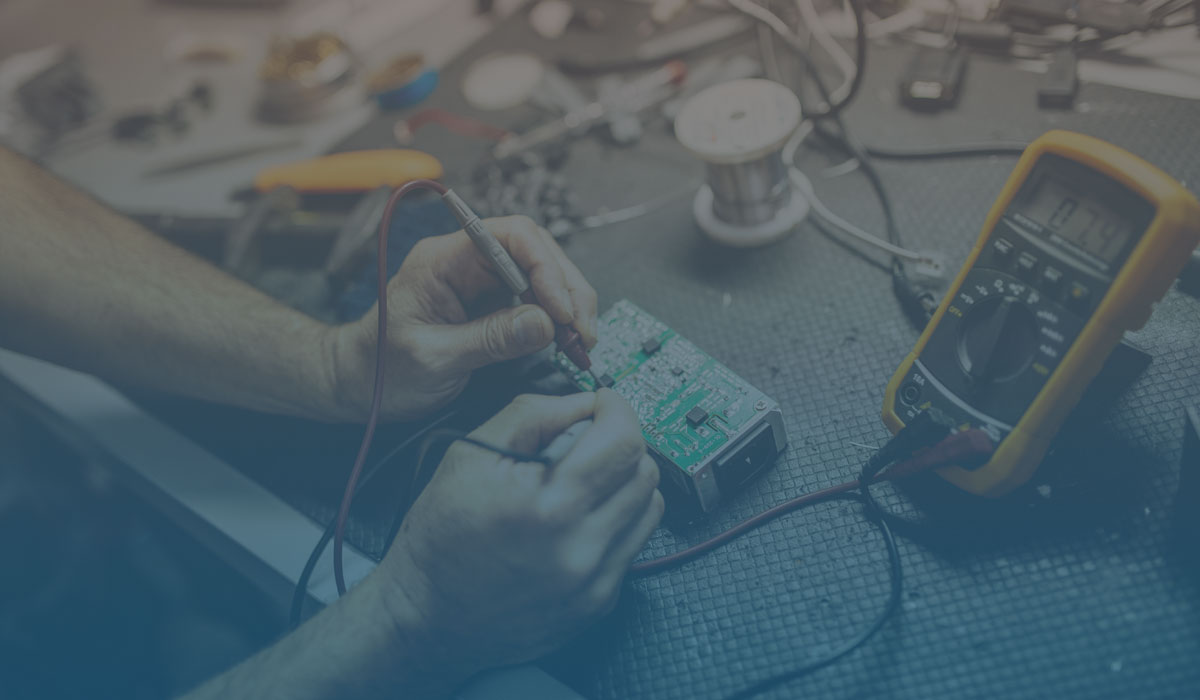All Modules
We are helping build tomorrow’s diverse technician pipeline with an open, online and accessible learning environment for all. View a complete listing of modules below.
New Course Recently Added
Environmental Control Systems
Designed to partially fulfill the Airman Certification Standards requirements set out for an Aviation Mechanic career pathway for the Airframe Curriculum Subjects for Aviation Maintenance Technician Schools.
Battery Electric Vehicles (BEVs)
This pathway equips learners with the training necessary to service and manufacturing battery electric vehicles (BEVs). It offers two programs: Service Technician and Manufacturing Technician.
Program: Battery Electric Vehicle Service Technician
Overview
Exploring Electric Vehicles (EVs): Industry Importance and Historical Evolution
Module
Overview and Comparisons of Vehicle Types in the Automotive Industry
Key Electric Vehicle (EV) Basic Terminology
Fundamentals of a Battery Electric Vehicle (BEV)
Overview of Battery Technologies in Electric Vehicles (EVs)
End-of-Course Test and Survey
Overview
Personal Protective Equipment (PPE)
Battery Electric Vehicle (BEV) Safety and Standards
End-of-Course Test and Survey
Overview
Introduction to Electrical Fundamentals
Electrical Applications in a Battery Electric Vehicle (BEV)
Introduction to Electric Motors
Motors in BEVs
End-of-Course Test and Survey
Overview
Battery Chemistry & Construction
Battery Management Systems (BMS)
End-of-Course Test and Survey
Overview
Automotive Vehicle Connectivity
Autonomous Drive Systems
Advanced Driver Assist Systems (ADAS)
End-of-Course Test and Survey
Overview
Introduction to On-Board Diagnostics (OBD)
Fundamentals of Battery Electric Vehicle (BEV) Features, Monitoring, and Diagnostics
Accessing On-Board Diagnostics (OBD) Data in Battery Electric Vehicles (BEVs)
Benefit of On-Board Diagnostics (OBD) for Battery Electric Vehicle (BEV) Owners and Technicians
End-of-Course Test and Survey
Federal Aviation Administration – Airman Certification Standards
This pathway equips learners with the training necessary to meet the Federal Aviation Administration (FAA) Airman Certification Standards (ACS) and become an Aviation Mechanic (AM). It offers three programs: General, Airframe, and Powerplant. The General program serves as a prerequisite for the other two and is recommended as the first step. It covers all the knowledge, skills, and risk mitigation elements outlined in the ACS’s general section. Upon completing this learning path, participants can pursue FAA mechanic or repairman certification through on-the-job experience or by finishing the required coursework at one of the 190 FAA-certificated aviation maintenance schools.
Program: Aviation Mechanic General
Overview
Fundamentals of Electricity
DC Circuits
AC Circuits
Circuit Measuring Instruments
Electronics and Logic
Generators, Motors, and Alternators
End-of-Course Test and Survey
Overview
Computer Graphics and Aviation Drawings
Illustration Methods and Meanings of Symbols and Lines
Reading, Interpreting and Storing Drawings
End-of-Course Test and Survey
Overview
Weight and Balance Control
Procedures for Weighing an Aircraft
Loading and Extreme Conditions
Graphs, Records and Other Considerations
Review
Overview
Rigid Fluid Lines
Flexible Hose Fluid Lines
End-of-Course Test and Survey
Overview
Aircraft Metals and Non-Metallic Materials
Inspection Techniques
Aircraft Hardware
Welding and Soldering
Review
Overview
Shop and Flight Line Safety and Fire Protection
Tiedown Procedures and Ground Movement of Aircraft
Servicing and Fuel Servicing of Aircraft
End-of-Course Test and Survey
Overview
Types and Forms of Corrosion
Inspection and Removal of Metal Corrosion
Processes and Materials Used in Corrosion Control
End-of-Course Test and Survey
Overview
Maintenance, Inspections, and Mechanic Privileges
Performing and Recording Maintenance and Inspections
Products, Parts and LSA
Maintenance Ethics and Human Factors
End-of-Course Test and Survey
Overview
Matter, Energy and Simple Machines
Stress, Motion, Heat, Pressure, and Gas
Fluid Mechanics, Sound, and the Atmosphere
Theory of Flight
End-of-Course Test and Survey
Overview
General Purpose Hand Tools
Metal Cutting Tools
Layout and Measuring Tools
End-of-Course Test and Survey
Program: Aviation Mechanic Airframe
Overview
Landing Gear Structure
Wheels and Tires
Landing Gear Brake Systems
End-of-Course Test and Survey
Overview
Hydraulic Principles
Hydraulic Components
Pneumatic Systems
End-of-Course Test and Survey
Overview
Cabin Environmental Systems
Cabin Climate and Oxygen
End-of-Course Test and Survey
Co-DREAM OER Open Textbooks
This pathway offers textbook materials for Co-DREAM OER (Collaborative Development of Robotics, Mechatronics, and Advanced Manufacturing Open Educational Resources). This initiative, funded by the US Department of Education, aims to develop textbooks focused on robotics, mechatronics, and advanced manufacturing processes. A diverse group of scholars and graduate students from various regions have created these resources, which are designed for advanced robotics courses in associate, undergraduate, and graduate programs.
Robotics
Foundational Robotics
Introduction to Robotics
Kinematics
Mobile Robots
Trajectory Generation, Path Planning, And Control
Human-Robot Collaborative Manufacturing
Robotics
This pathway provides training for several programs (High School, Associate and Bachelor) for robotics in advanced manufacturing.
Program: High School Track
Program: Associate Track
Overview
Control Systems
Robot Maintenance and Troubleshooting
Case Study and Future of Robots
Review
Overview
Process Modeling
Part Production
Joining Techniques
Smart Manufacturing Systems
Manufacturing Automation Systems
Review
Program: Bachelor Track
Overview
Introduction to Robotics
Building a Universal Robot Deployment Team
Improving Performance of Universal Robots
Review
Overview
Universal Robotics
Programming and I/O Connections
UR Safety and Troubleshooting
Review
Overview
Process Modeling
Part Production
Joining Techniques
Smart Manufacturing Systems
Manufacturing Automation Systems
Review
Manufacturing Skill Standards Council
This pathway will equip learners with the foundational technical competencies necessary for high-demand, higher-wage, higher-skill jobs in advanced manufacturing set forth by Manufacturing Skill Standards Council (MSSC).
Program: Certified Production Technician
Overview
Concepts of Safety and Health
Safety Organizations and Regulations
Communicating Safety in the Manufacturing Environment
Safety at Facilities
Environmental Control and Noise
Material Handling & Electrical Safety
Machinery, Hand Tool and Equipment Safety
Poisonous Chemicals & Flammable Materials
Personal Protection and First Aid
Ergonomics in the Workplace
Exam
Overview
Quality Management Systems
Quality Control
Continuous Improvement
Quality Inspections
Corrective Actions
Lean Manufacturing Principles
Root Cause Analysis
Introduction to Six Sigma
GD&T
Blueprint Reading
Popular Measuring Instruments
Exam
Overview
Introduction to Manufacturing and Production
Properties of Engineering Materials
Engineering Materials
Product Manufacturing
Production Process
Machining Operations
Tool & Equipment Operation: Lathes
Special Processing
Manufacturing Systems
Production Components
Controlling & Documenting Production
Packaging and Distributing Products
Manufacturing Support Systems
Exam
Overview
Introduction to Maintenance
Reliability of Systems
Planned Preventive Maintenance
Predictive Maintenance Techniques
Maintenance of Electrical Systems
Maintenance of Pneumatic Systems
Maintenance of Hydraulic Systems
Maintenance of Basic Mechanical Systems
Maintenance of Specialty Production Systems
Maintenance Programs
Maintenance Information Systems
Economics of Maintenance
Exam
Additional Courses
Enhance your skillset with these specialized, non-program-specific courses.
Overview
Bioengineering
Chemical Engineering
Civil Engineering
Electrical and Computer Engineering
Environmental and Biosystems Engineering
Industrial Engineering
Materials Science and Engineering
Mechanical Engineering
Course Summary
Introduction and Overview
Exploring Advanced Manufacturing
Manufacturing Career Clusters
A Hands-on Virtual Experience
Next Steps
Course Survey
Overview
Introduction to Electricity
Electric Circuits
Electromagnetism
Basic Passive Circuit Components
Fundamentals of Solid State Devices
Solid State Devices and Circuits
Energy Storage and Circuit Protection
Power Generation and Transmission
DC Machines
AC Fundamentals
AC Machines
Three-Phase Power Systems
Exam
Overview
Introduction to Metrology
Popular Measuring Instruments
Industrial Instrumentation: Temperature & Pressure
Industrial Instrumentation: Force, Torque & Flow
Electrical Measuring Instruments
Exam
Overview
Reading Comprehension
Locating Information
Critical Thinking / Analytic Skills
Basic Math
Mathematical Applications
Introduction to Computing
Computer Application and Skills – Word
Computer Application and Skills – PowerPoint
Computer Application and Skills – Excel
Basic Employability
Professional Work Ethic
Review

